 Welcome
Welcome
“May all be happy, may all be healed, may all be at peace and may no one ever suffer."
Angelman syndrome

Angelman syndrome is a rare genetic disorder that affects the nervous system and causes developmental delays and intellectual disability. It is characterized by severe intellectual disability, lack of speech, problems with balance and coordination (ataxia), and seizures. People with Angelman syndrome also have a distinctive, happy demeanor and may have a tendency to laugh and smile frequently.
Angelman syndrome is caused by a deficiency or loss of a specific gene called the UBE3A gene, which is located on chromosome 15. The syndrome can be caused by a deletion of the gene, a defect in the gene, or a problem with the way the gene is regulated.
There is currently no cure for Angelman syndrome, but early and ongoing treatment can help manage the symptoms and improve quality of life. Treatment may include physical, occupational, and speech therapy, as well as medication to control seizures and other symptoms.
Diagnosis of Angelman syndrome is based on a combination of medical and developmental history, a physical examination, and genetic testing. If you think you or your child may have Angelman syndrome, it's important to see a doctor for a diagnosis and appropriate treatment.
Research Papers
Disease Signs and Symptoms
- Intellectual disability, learning disorders and delayed development
- Unusual behavior
- Hair, skin and eyes that are light in color
- Small head (microcephaly)
- Seizures
- Difficulty staying asleep
- Difficulty with sucking
- Happy, excitable personality
- Frequent smiling and laughter
- Difficulty with balance and walking
- Difficulty walking
- Speech problems, such as inability to speak or slurred speech
- Curved spine (scoliosis)
Disease Causes
Angelman syndrome
Angelman syndrome is a genetic disorder. It's usually caused by problems with a gene located on chromosome 15 called the ubiquitin protein ligase E3A (UBE3A) gene.
A missing or defective gene
You receive your pairs of genes from your parents — one copy from your mother (maternal copy) and the other from your father (paternal copy).
Your cells typically use information from both copies, but in a small number of genes, only one copy is active.
Normally, only the maternal copy of the UBE3A gene is active in the brain. Most cases of Angelman syndrome occur when part of the maternal copy is missing or damaged.
In a few cases, Angelman syndrome is caused when two paternal copies of the gene are inherited, instead of one from each parent.
Disease Prevents
Angelman syndrome
In rare cases, Angelman syndrome may be passed from an affected parent to a child through defective genes. If you're concerned about a family history of Angelman syndrome or if you already have a child with the disorder, consider talking to your doctor or a genetic counselor for help planning future pregnancies.
Disease Treatments
There's no cure for Angelman syndrome. Research is focusing on targeting specific genes for treatment. Current treatment focuses on managing the medical and developmental issues.
A multidisciplinary team of health care professionals will likely work with you to manage your child's condition. Depending on your child's signs and symptoms, treatment for Angelman syndrome may involve:
- Anti-seizure medication to control seizures
- Physical therapy to help with walking and movement problems
- Communication and speech therapy, which may include sign language and picture communication
- Behavior therapy to help overcome hyperactivity and a short attention span and to aid in development
- Medications and sleep training to manage sleep issues
- Dietary changes and medications to help with gastrointestinal issues such as feeding difficulties and constipation
Disease Diagnoses
Disease Allopathic Generics
Disease Ayurvedic Generics
Disease Homeopathic Generics
Disease yoga
Angelman syndrome and Learn More about Diseases
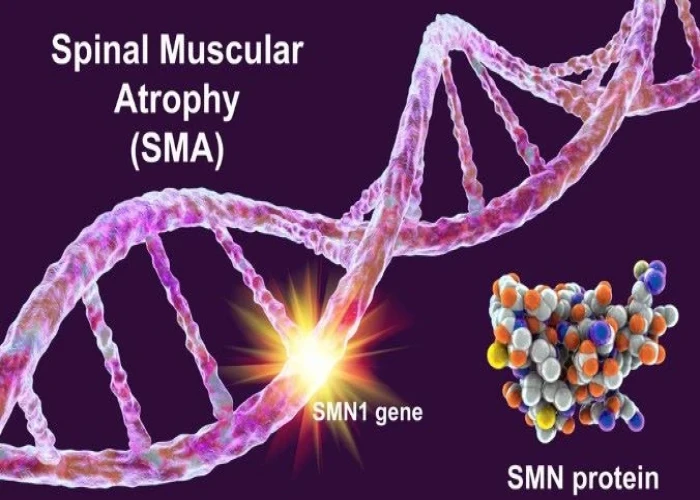
Multiple system atrophy (MSA)
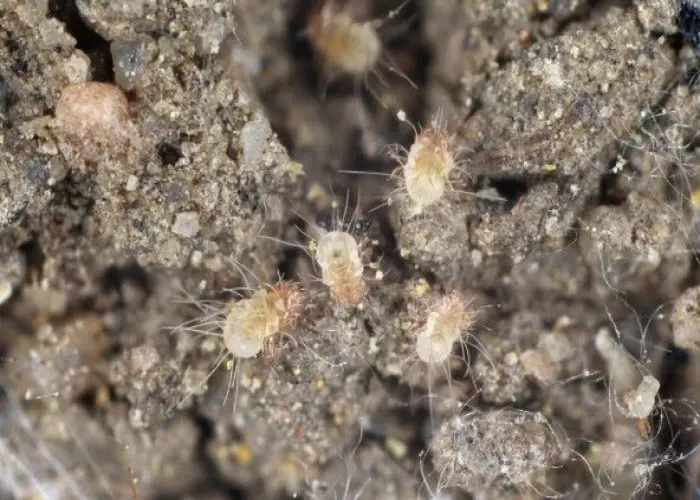
Dust mite allergy
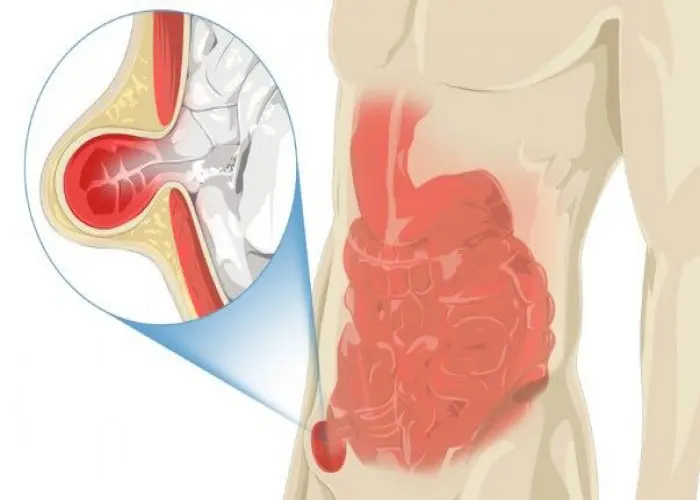
Inguinal hernia
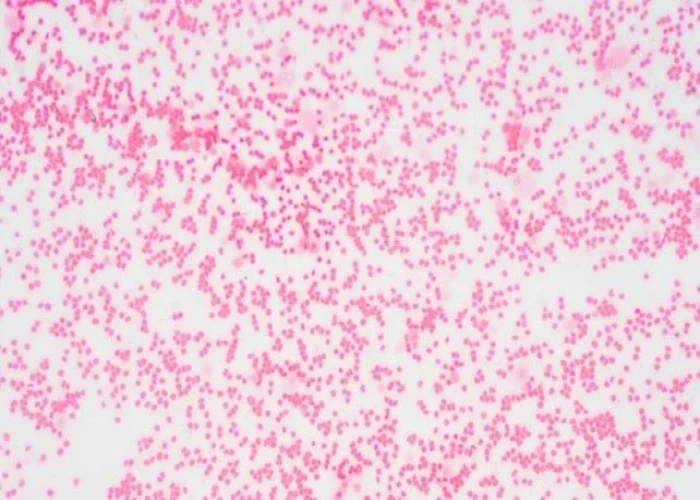
Myelodysplastic syndromes

Syringomyelia
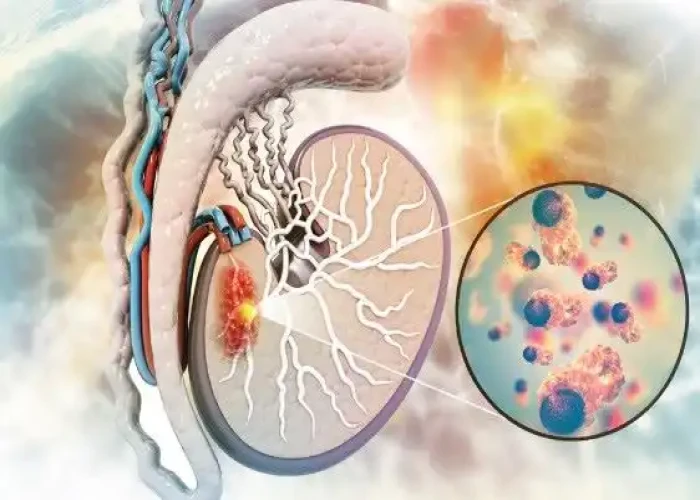
Testicular cancer
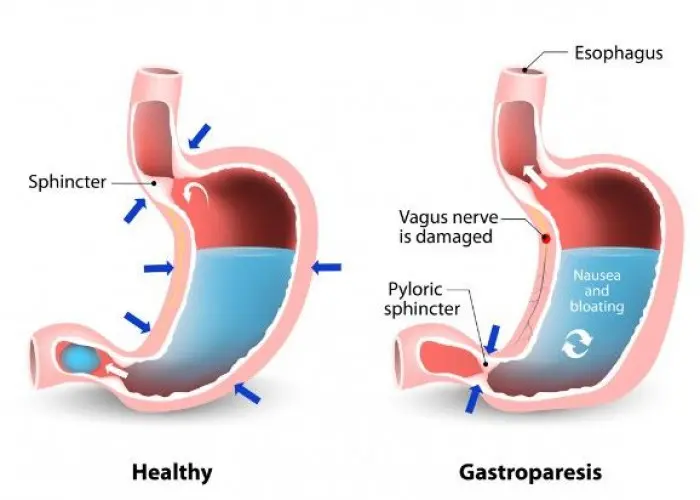
Gastroparesis
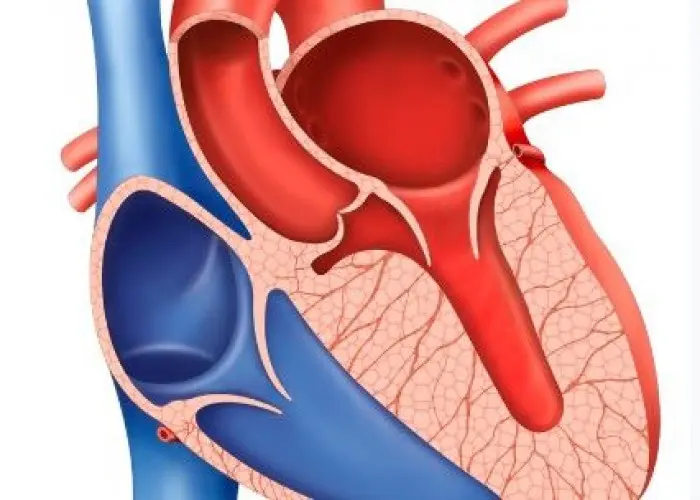
Hypertrophic cardiomyopathy
Angelman syndrome, Happy puppet syndrome, অ্যাঞ্জেলম্যান সিন্ড্রোম
To be happy, beautiful, healthy, wealthy, hale and long-lived stay with DM3S.
